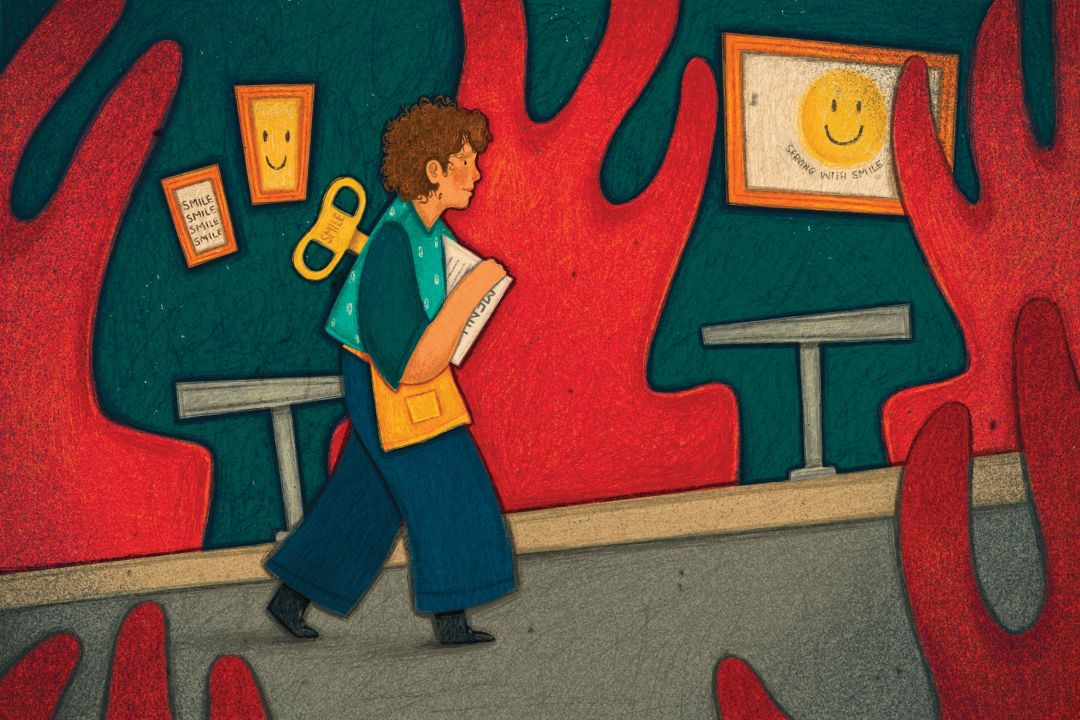The Never-Ending Quest to Stamp Out Workplace Harassment

Image: Aya El Tilbani
Despite the increased attention being paid to sexual harassment thanks in part to the #MeToo movement, workplace harassment continues to affect a significant number of women. According to the U.S. Equal Employment Opportunity Commission, women initiated 78.2 percent of sexual harassment charges brought to the agency between 2018 and 2021. In a separate report, the commission estimates that roughly three out of four people who have experienced sexual harassment fail to report it at all.
So what do you do if you are one of the millions of women who experience sexual
harassment in the workplace? According to Sarasota attorney Jade Davis of Hall
Booth Smith, P.C., employees should first consult their workplace handbook.
“There should be a process outlined,” says Davis. “Generally, the rule is to complain to a supervisor, or to notify human resources, but depending on the company structure and how everything is set up, you want to familiarize
yourself with the manual to protect yourself with procedures they have laid out.”
According to Davis, communication is integral to protecting yourself in the workplace. “Let the person know that they are making you uncomfortable and to
please stop,” she says. “Make your stance known.”
She also recommends that you personally confide in someone about your experience, like a friend or family member. That way, if your case isn’t resolved and litigation is necessary, you have established a timeline with an outside
party who may be able to act as a witness for you.
In Sarasota County, hospitality and retail workers make up 24.5 percent of the workforce, and sexual harassment can be particularly common in those fields. According to the Equal Employment Opportunity Commission, nearly 25 percent of all sexual harassment charges come from those two industries. Additionally, tipped workers who earn a subminimum wage are twice as likely to report sexual harassment as those who are earning a guaranteed wage.
“Statistics show that about 70 percent of servers are women who are dependent
on tips,” says Davis. “They have to be kind to others as part of their job, and men can interpret kindness as interest and not just providing great service as part of the job. Since we don’t have pay equity, women are more likely to be hired for those lowerpaying segments. It creates an environment where sexual harassment is tolerated and even normalized.”
Davis recommends that if you are unable to rectify workplace sexual harassment,
you should quit your job, if possible. Many workers are doing just that. The Equal
Employment Opportunity Commission found that 34 percent of women working in tipped positions have quit a job because of sexual harassment.
“You have to protect yourself and your mental health,” Davis says.



